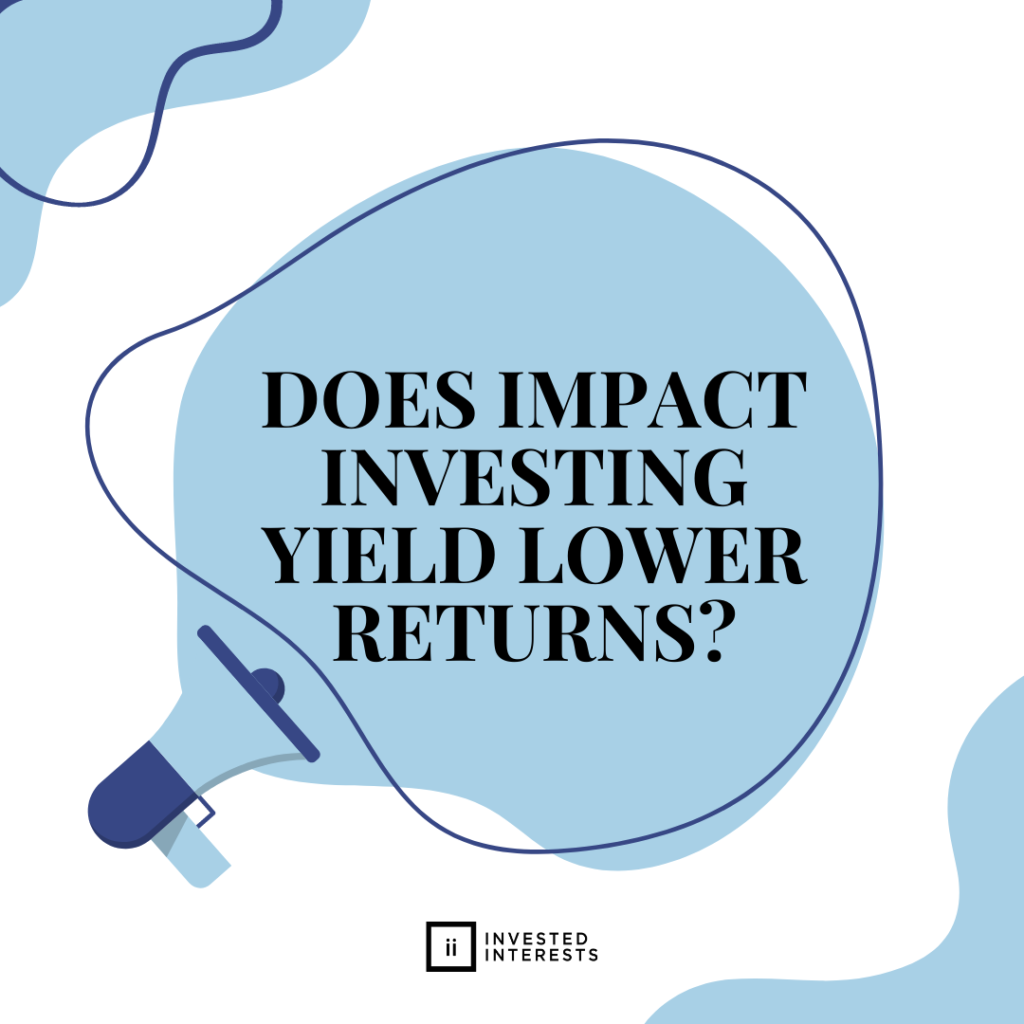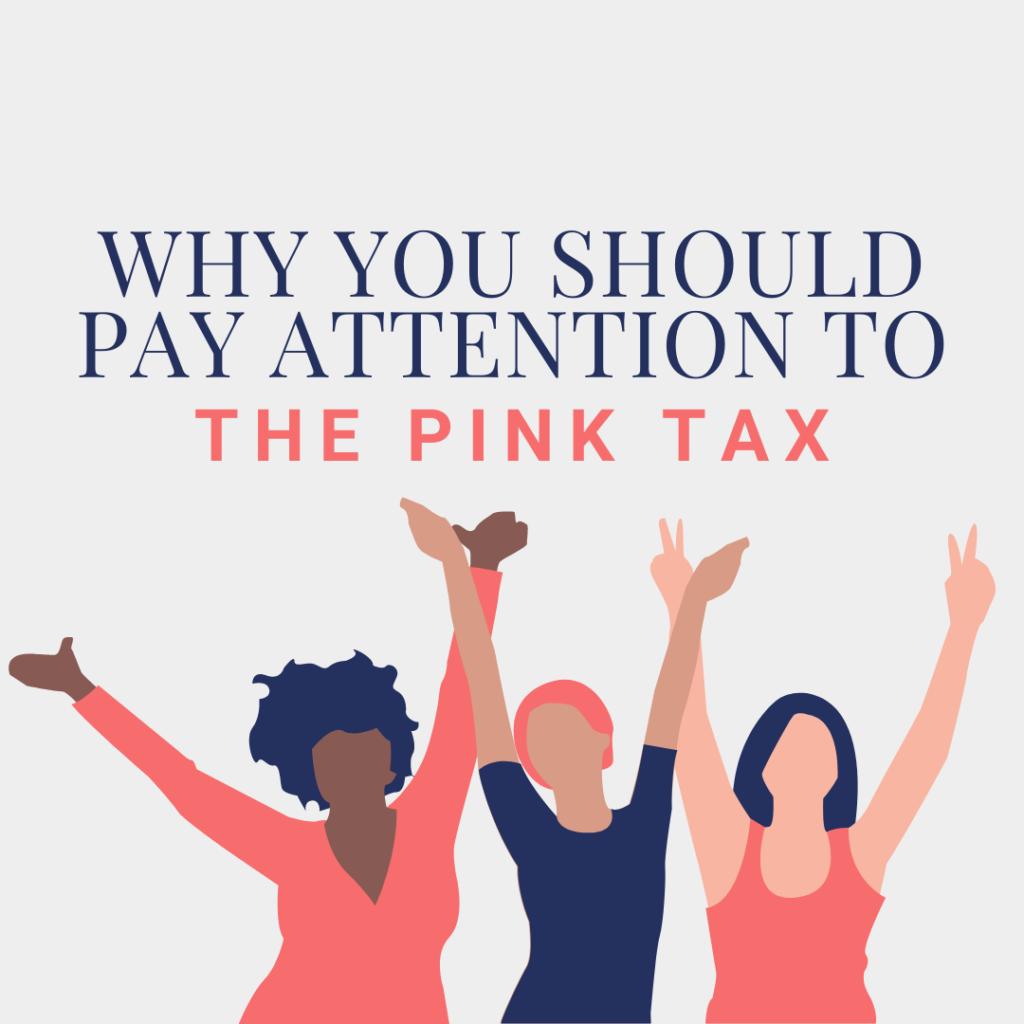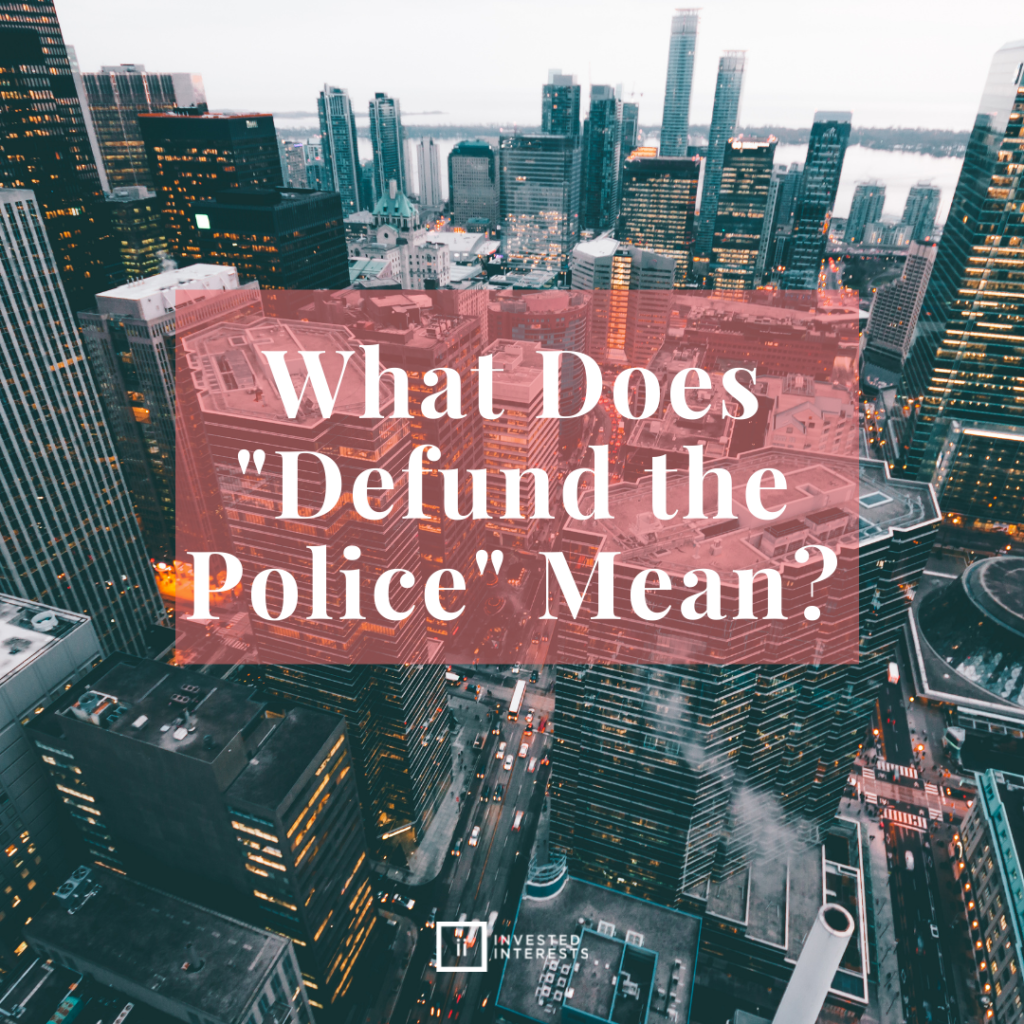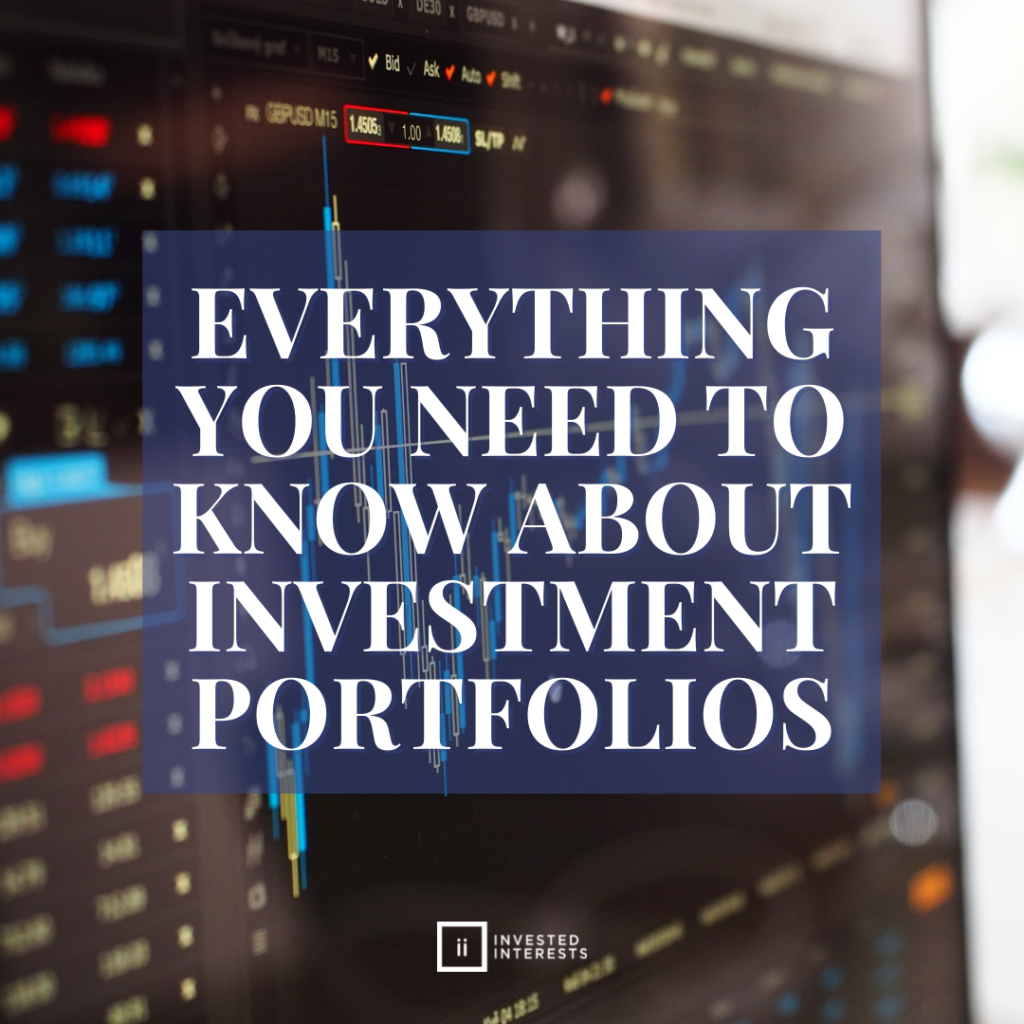At Invested Interests, we are all about impact investing. But that raises the question, what truly is “impact investing”, and does it yield lower returns? The short answer is no, but if you are interested in learning more about the topic, keep reading.
What is impact investing?
Though it may not technically have an “ii” acronym by everyone else’s standards, it does seem to fit here at Invested Interests. Coincidentally, those are our two favorite letters as well. Impact investing refers to investing in funds, companies, or organizations in order to make a social impact as well as a financial one. There are many types of social impacts and social divestments (choosing to not invest in a cause) that investors can choose from including investing in the environment, human rights and diversity, and peace.
You can become an impact investor by opening one of many investment accounts available to you from an IRA for retirement to joint investment accounts or individual investment accounts. Now, the reasons why people chose to impact invest varies from person to person. Sometimes people are tired of not knowing where their money is going, they want more control over the impact they make, or they are just curious to see what we are all about.
Where does it come from?
The term impact investing was coined back in 2008 by the Rockefeller foundation when the conversation started to emerge about how to use capital differently. Around the same time, we began to see new terms around the same concept come to life from socially responsible investing, to ESG Funds, and ethical investing. Although these terms are distinct from each other, they all work to serve the same purpose – aligning your financial growth with the impact you want to make on the world around you.
What is the growth history behind impact investing?
In 2015, Deutsche Asset & Wealth Management and Hamburg University conducted an analysis of over 2,000 empirical studies showing the relationship between environmental, social, and governance (ESG) factors and a company’s financial performance. They found that an overwhelming majority of these studies have found a positive correlation when reviewing decades of data.
From 2016 to 2018, sustainable, responsible, and impact investing (SRI) had grown by more than 38%. Impact investments also had an estimated $12 trillion in total assets under management in 2018 due to these investment strategies.
You do not have to rely on research papers, however. You can take a look at pure performance results by comparing the performance of sustainable stock indexes. For example the MSCI KLD 400 with a conventional stock index like the S&P 500.
The MSCI KLD 400 Social Index was launched to consider environmental, social, and governance factors and includes 400 companies of the 3,000 largest U.S. companies in the U.S. equity market. Similar to the S&P 500, companies are chosen to be represented at one point during each fiscal year. Unlike the S&P, companies are only eligible to be included on the KLD if they have exemplary social and environmental records. Companies are screened on a number of various social factors. Interestingly enough, since 1990, when the KLD started screening for ESG factors, it has performed slightly better than the S&P 500.
How is impact investing doing today?
Research shows that socially responsible investing funds have done better in the last 20 years than traditional investing funds. So why don’t more people talk about it? Well, most financial advisors have been taught or have worked with the understanding that investing should only be about making money, which at a fundamental level isn’t a bad way of thinking. However, times are changing and in the world, we currently live in you no longer have to settle for making money or doing good things for the world. As an impact investor, you can have it all (if you have the right coaches helping you along the way).
If you are more of a numbers person, here are some stats that we hope soothe your worries.
- The MSCI KLD 400 Social Index is composed of companies with high ESG ratings and avoids companies incompatible with specific values-based criteria. This index, which is the oldest ESG index in the US, has shown that ESG can create added value – by outperforming the S&P 500 for the last 25 years.
- A review by the German investment fund DWS and the University of Hamburg of more than 2,000 studies, for example, found that 63% showed a strong correlation between ESG performance and positive returns, while 10% showed a negative effect.
- In its August 2019 report Sustainable Reality, Morgan Stanley concludes: “We found that sustainable funds provided returns in line with comparable traditional funds while reducing downside risk. What’s more, during a period of extreme volatility, we saw strong statistical evidence that sustainable funds are more stable. Incorporating environmental, social, and governance (ESG) criteria into investment portfolios may help to limit market risk.
- Socially responsible investing is the fastest-growing segment of the investment management world.
What does that mean for you?
If you are interested in impact investing, the good news is that you can absolutely make an impact without sacrificing returns. That is the best part! You can feel good about your investments.
If any of this interests you, we would love to help you out. At Invested Interests, we take a lot of pride in our socially responsible investments. Whether you are passionate about the environment, global peace efforts, or human rights and diversity, we have a portfolio for you. Click this link to reach out to our team!




